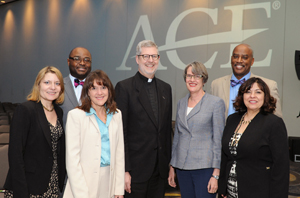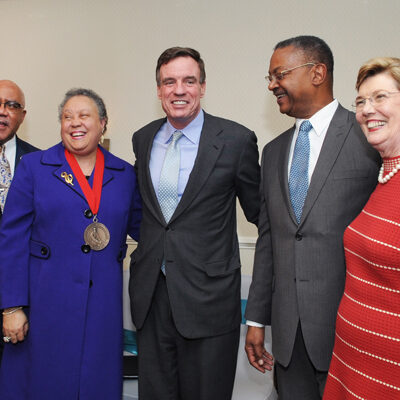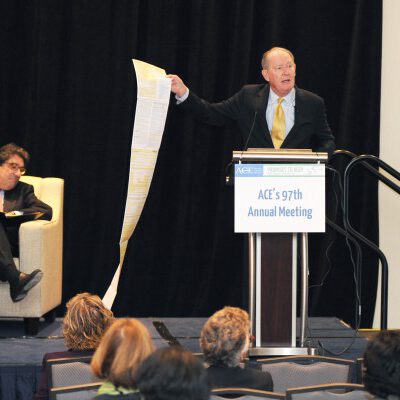All Posts
Joint and Dual Degree Programs Gain Steam Worldwide
ACE’s Center for Internationalization and Global Engagement’s 2014 report, Mapping International Joint and Dual Degrees: U.S. Program Profiles and Perspectives explores the landscape of such programs in the United States, including characteristics and policies, academic focus areas, partner locations and programmatic challenges, and their role in broader institutional strategy and planning.

Will Performance-Based Funding Further Disadvantage Disadvantaged Students?
Performance-based funding (PBF) is becoming increasingly popular as an accountability tool to reward higher education institutions for specific student outcomes. Despite its popularity, however, a substantial body of empirical evidence shows PBF can have troubling and unintended impacts. With this in mind, Lyle McKinney and Linda Serra Hagedorn look at the Texas Student Success Points Model.


